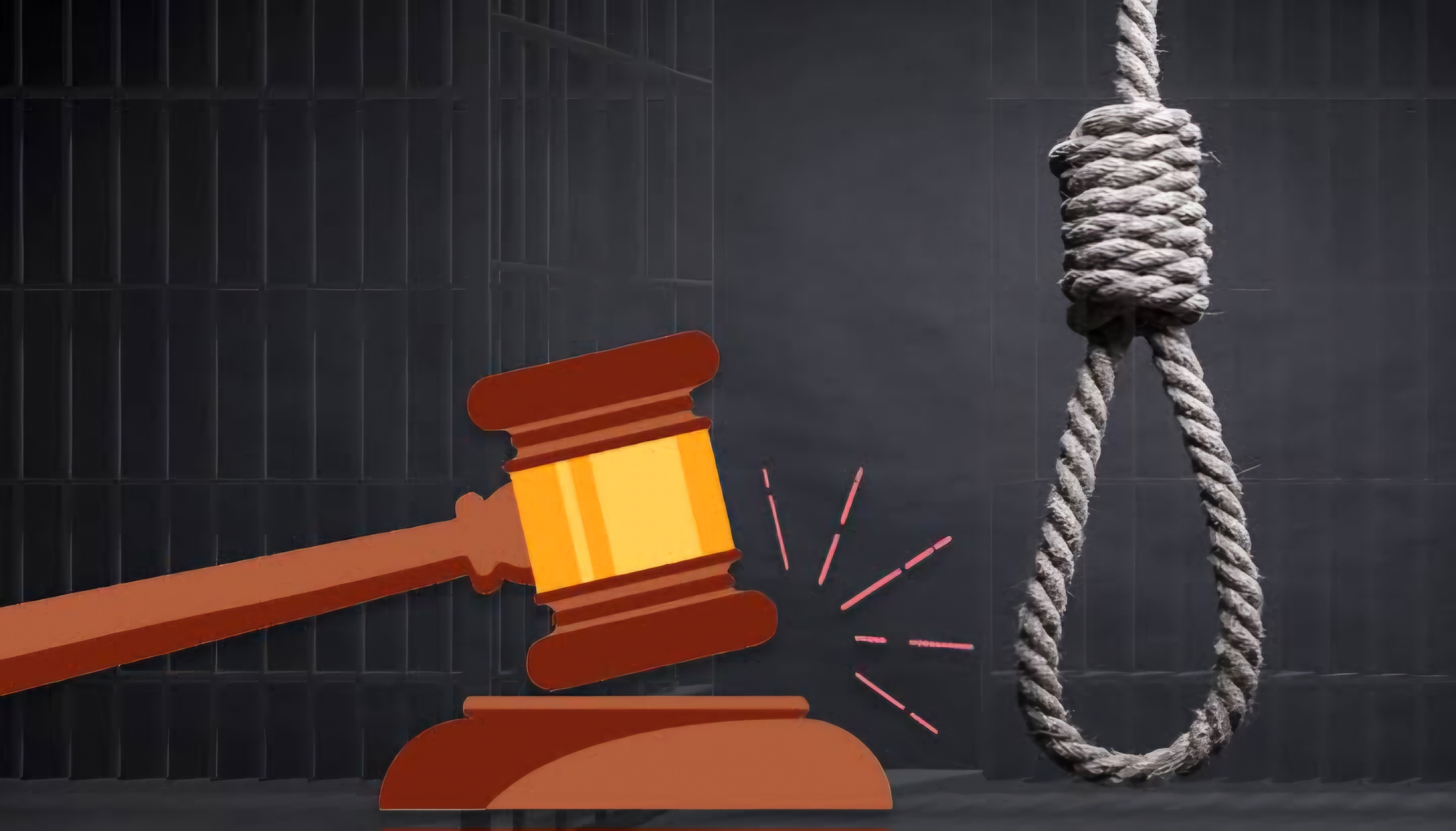


In a noteworthy administering, the Kerala Tall Court as of late commuted the passing sentence of a man indicted for the kill of his lover's 4-year-old child. The case, which included the brutal murdering of a youthful child, had at first brought about in a passing punishment, but the Tall Court's choice to decrease the sentence has started discourses almost the lawful measures for capital discipline and the circumstances that warrant such punishments.
Case Background
The convict had been found blameworthy of killing the child of his significant other, an act of extraordinary viciousness that shook the community. The trial court had forced the passing sentence, citing the intolerable nature of the wrongdoing. The indictment had contended that the kill was planned and cold-blooded, making the passing punishment an fitting discipline.
Be that as it may, upon request, the Kerala Tall Court surveyed the case to decide whether the passing sentence was defended beneath the "rarest of uncommon" teaching, a legitimate rule utilized in India to choose when capital discipline ought to be forced.
The court determined that even though the conduct was obviously horrifying, the prisoner did not exhibit any traits that would have supported the application of the death penalty. The judges emphasized the potential of rehabilitation by mentioning the circumstances leading up to the offense and the convict's past.
Legal Implications
This administering has reignited the talk about over the utilize of the passing punishment in India, especially in cases including violations against children. The legal has regularly battled to adjust the requests for equity in such cases with the have to be maintain human rights and offer a chance for restoration.
The "rarest of uncommon" teaching, set up by the Incomparable Court, has been essential in deciding when the passing punishment ought to be forced. In this case, the Kerala Tall Court's choice fortifies the notion that capital discipline ought to stay an exemption instead of the run the show, saved for cases where no other sentence would serve the interface of equity.
Conclusion
The Kerala High Court's decision to vacate the death penalty in this particular case is indicative of the changing justice norms in India. Despite the seriousness of the offense, the sentence was eventually commuted because of the court's emphasis on rehabilitation and the "rarest of rare" criterion. This ruling emphasizes how crucial it is to give capital punishment cases significant thought in order to make sure that the penalty is appropriate for the offense and the larger objectives of justice.
TAGS: Kerala High Court death sentence commuted homicide rarest of rare doctrine capital punishment rehabilitation judicial ruling life imprisonment